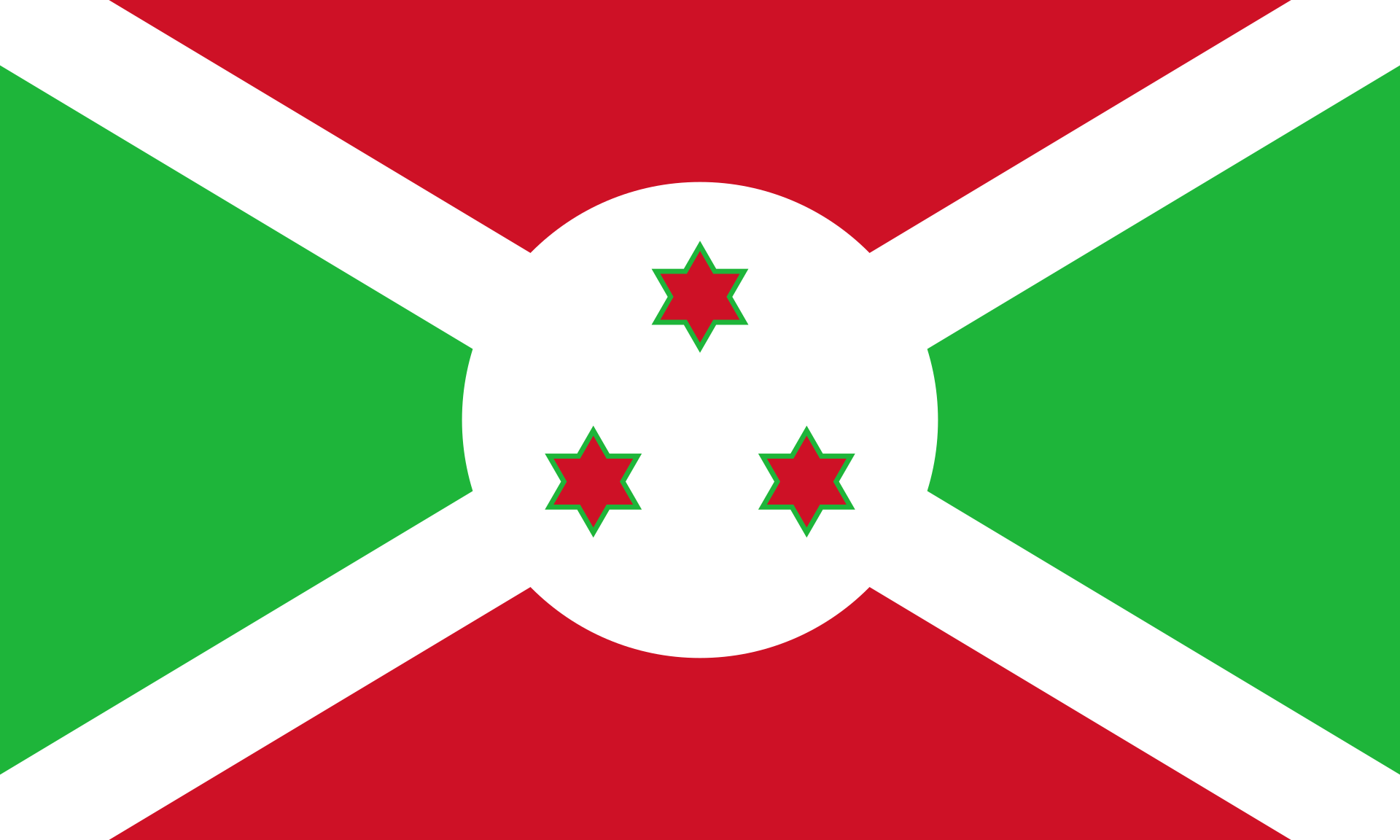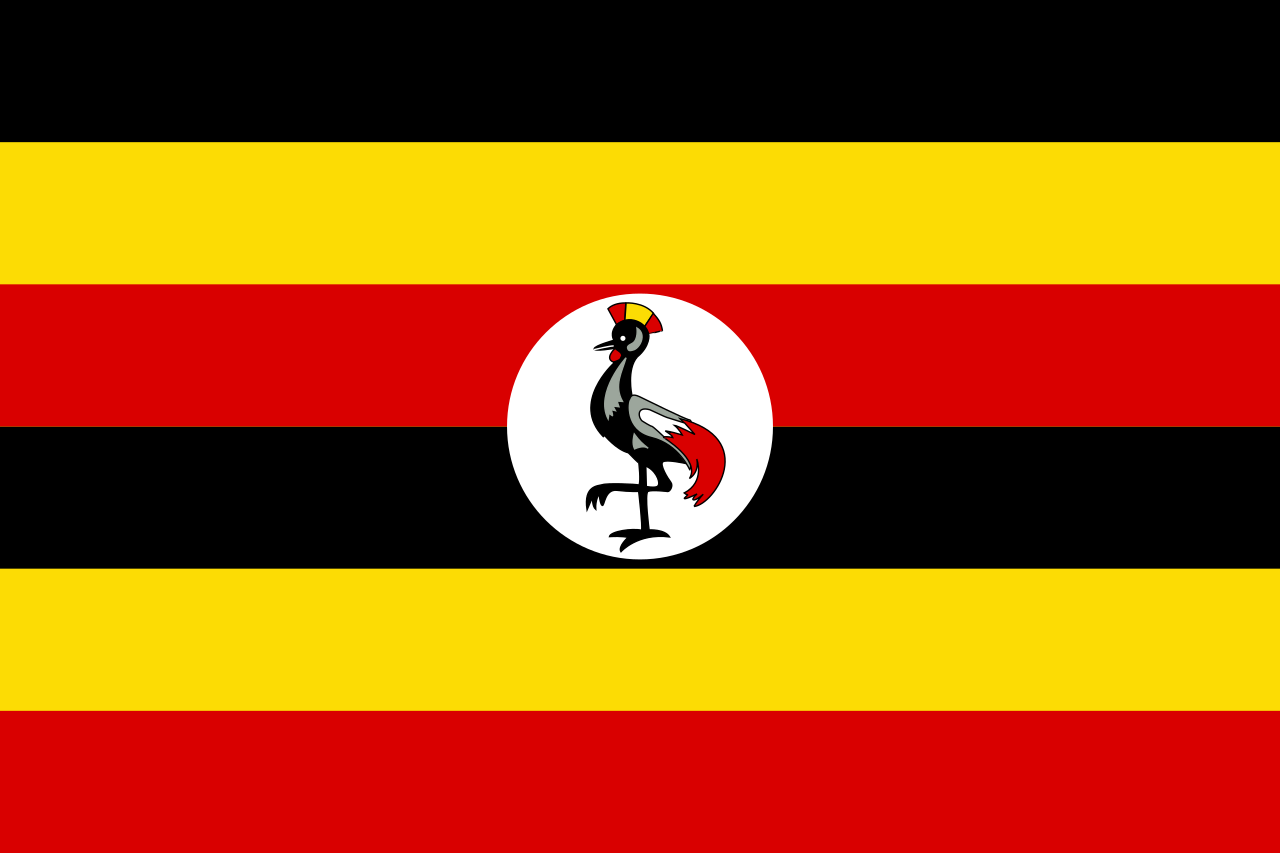Natural landscapes, national parks rich in fauna and flora, the traditional drum and cultural diversity made of dances, are only some of the potential attractions of Burundi.
To prove it, the country hosted the 2nd edition of the Regional Tourism Conference and Exhibition (EARTE2022) from 23rd to 30 September.
It was an opportunity for the government to reaffirm the will to transform tourism into a real business.
"The government of the Republic of Burundi is absolutely committed to supporting the tourism sector in order to exploit its full potential. We have prioritised it as an economic activity and we are therefore creating a political, legal and institutional framework for the effective development of this sector", said Prosper Bazombanza, Vice-President of the Republic of Burundi.
Guests and potential investors were taken on a field trip.
The first stop was to visit the Ikibira forest and the large tea plantations along its banks. A very special place according to the tourists.
"The place we came to visit today, it's great for me to see that I take tea, but I have never seen where it is produced. The place is really beautiful. I thank the Burundian government. It's really great. This is the first time I've seen tea", said Congolese Mireille Akinua.
In Gitega, in the centre of the country, guests visited a drum shrine.
People flock there to see the drummers as well as the royal house. However, these riches are not well promoted.
"The sites are magnificent but not yet well developed. It is true that we, who are in the private sector, try to do what we can to sell the image of Burundi, to talk about Burundi, to give a good service so that people come to Burundi and can come back and talk about it to others, but I believe that the government must also do something. And they have a big part in that", claims Dative Uwimana, Tour Operator Manager in Burundi.
The Regional Tourism Conference and Exhibition is an annual tourism event that brings together the seven countries of the East African Community. - Africanews







